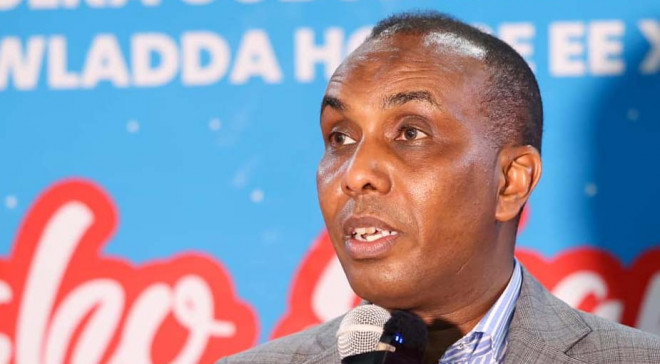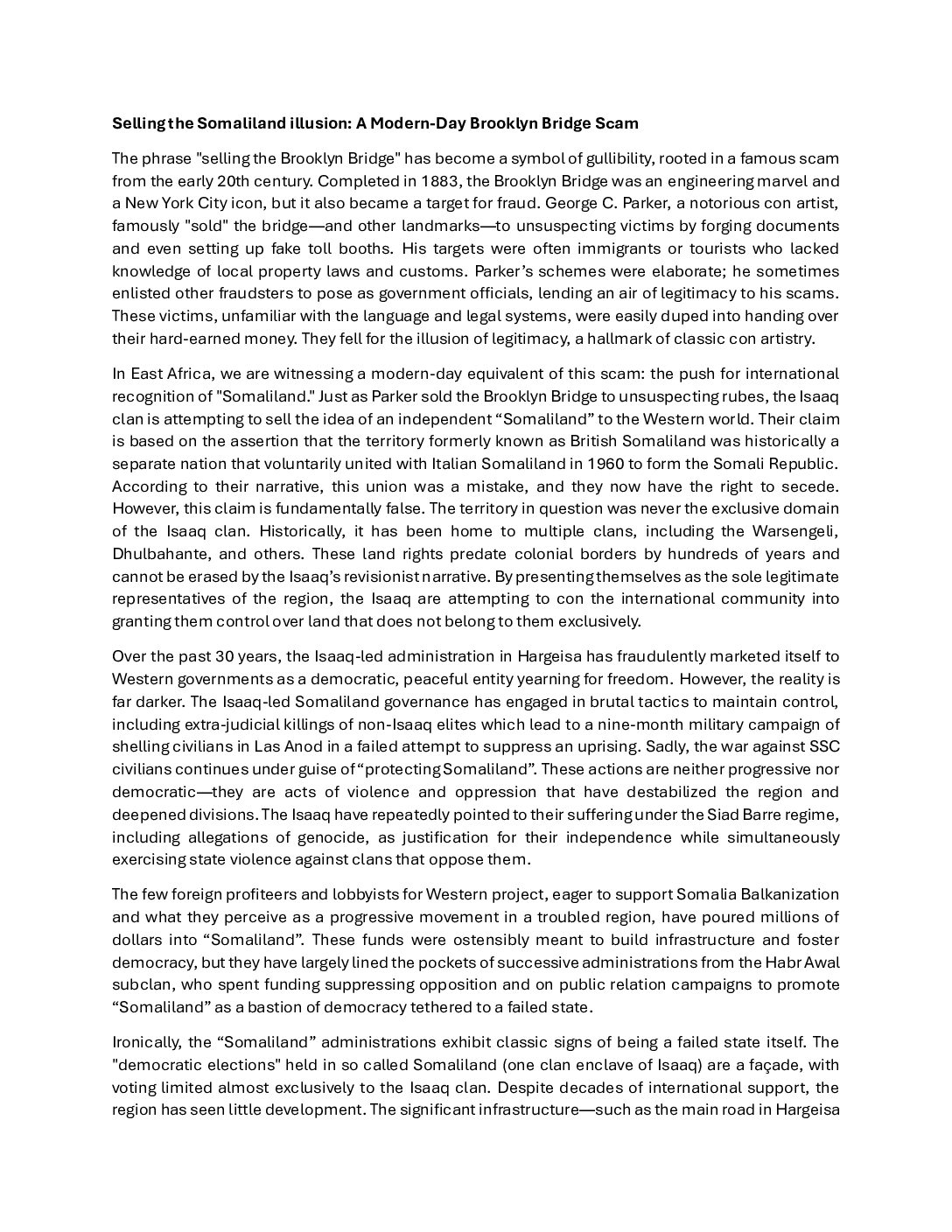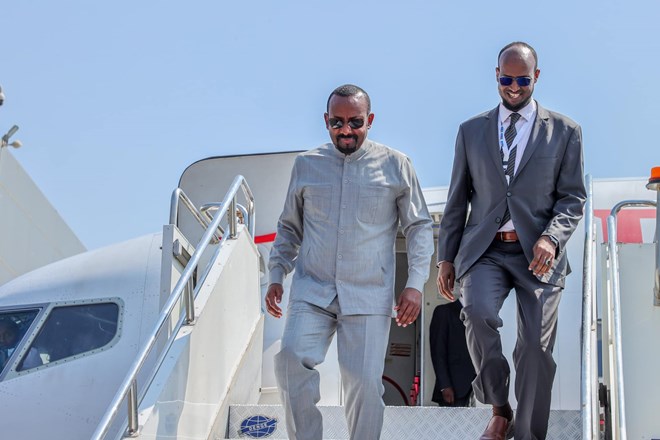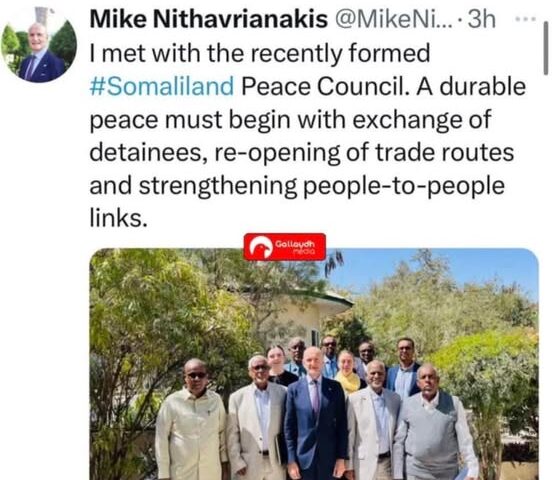Germany has agreed to open the doors to 250,000 qualified and semi-skilled Kenyan migrants in a limited and targeted labor migration pact.
Kenya is suffering with growing challenges in providing jobs and appropriate compensation for its young professionals, while Germany is confronting a scarcity of trained workers.
Five Kenyan bus drivers have previously been invited to Flensburg, an external city in the north of Germany, in a test experiment.
Migration accords are a fundamental pillar in the German government’s attempts to control immigration.
The deal would also facilitate the repatriation of Kenyans who are in Germany without legal authority.
Immigration is a significant topic in Germany at the present, with the surge in popularity of the far-right anti-immigration party Alternative for Germany (AfD).
Successive administrations in Berlin have permitted relatively substantial numbers of asylum seekers to settle in the nation in recent years.
Germany brought in more than one million individuals, largely escaping violence in countries such as Syria, during the 2015-2016 migration crisis and has taken 1.2 million Ukrainians since Russia’s full-scale invasion started in February 2022.
The labor accord was signed in Berlin by Germany’s Chancellor Olaf Scholz and Kenya’s President William Ruto.
Germany agreed to loosen some of its immigration regulations to allow Kenyans to find jobs in Europe’s largest economy.
Authorities in Berlin will also consider extending temporary residency permits for Kenyan workers who have acquired authorized employment.
Kenyans will also be awarded long-term visas to study or perform vocational training in Germany.
“On the expiry of the long-stay visa, Kenyans may receive a temporary residence permit for study purposes in Germany for up to two years,” the agreement adds.
The temporary residence permit may be extended if the objective of residency has not yet been attained but is possible within a “reasonable” time, it says.
According to the arrangement, IT professionals from Kenya would be able to come and work in Germany, even if they do not have official degrees.
Both governments will promote the immigration of qualified workers who have concluded vocational training or achieved a university degree, as long as their credentials are recognized by the competent authorities of the other party.
Kenyan nurses in 2020.
AFP/ The European nation needs additional nurses, but opponents argue it should not deprive Kenya of much-needed medical experts.
The treaty also provides procedures for the readmission and repatriation of people between the two states.
It puts forth rules to avoid and fight against labor exploitation, forced labor, and human trafficking.
While greeting five Kenyan drivers in Flensburg on Thursday, Schleswig-Holstein’s Transport Minister Claus Ruhe Madsen said Germany was in need of hard-working hands and creative brains.
“We simply have to position ourselves in Germany in such a way that it is attractive to come here,” Mr. Madsen remarked.
The drivers are the first group of Kenyan workers who will be taught by the Aktiv bus firm in a trial initiative, hoping to earn a job in Germany.
Doctors, nurses, and instructors are among those anticipated to take part in the program.
The International Labour Organisation (ILO) stated the accord was likely to greatly expand access to excellent overseas employment for Kenyan workers in Germany and alleviate labor shortages in Germany.
“It includes mechanisms to protect the rights and welfare of Kenyan migrant workers in Germany, ensuring safe, orderly, and productive migration,” ILO noted in a statement, adding.
But there are fears about a brain drain in Kenya with experts like physicians and nurses heading overseas for opportunities, leaving local hospitals with a major lack of medical staff.
“It is sad that we are going to service other countries at the expense of our own country,” Ekuru Aukot, a Kenyan lawyer and politician, told the BBC’s Newsday programme.
But Roseline Njogu, a senior foreign affairs official, claimed Kenya was only reacting to the global labor market needs.
“We have a youth bulge in Kenya, and every year we have a million people joining the local labor market. It takes time and energy to establish work chances at home,” she added.






